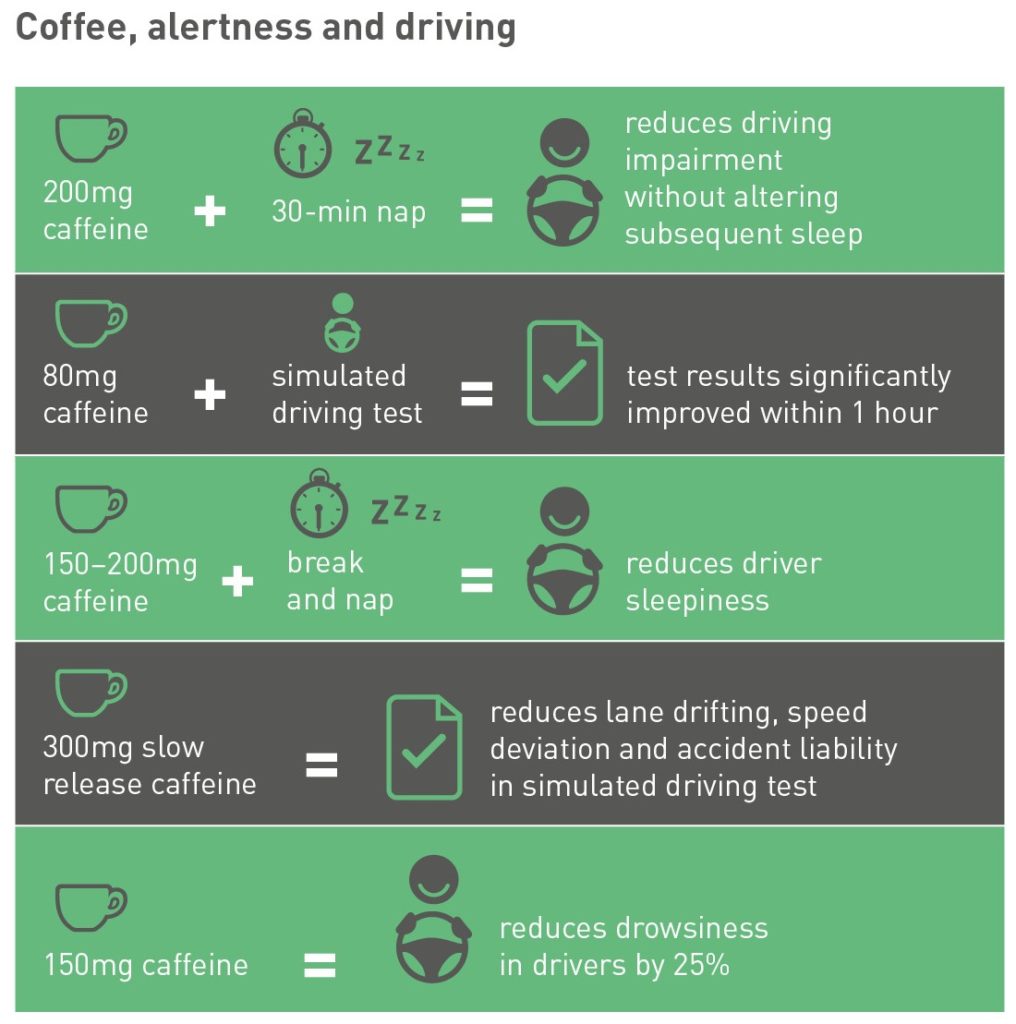Effect of Caffeine on Cognitive Functions
Caffeine, a substance found in coffee and tea, is a stimulant that gives an enjoyable feeling and can be used to combat fatigue and heighten attention, but it also has adverse effects on cognitive functions of children and adolescents. Caffeine is popularly integrated in food products as it is believed to increase cognitive functions in adults when taken moderately and in improved dosage.
This psychological stimulant be used to reduce the adverse effects in situations like military training where users have to experience different stressors such as sleep deprivation and exposure to dangerous and extreme sea and land environment. Caffeine mitigated sleepiness and improved marksmanship scores for Navy SEAL trainees who were subjected to different stressors and dangerous situations (Lieberman et al., 2002).
The Navy SEAL military training revealed that there are beneficial effects on various behavioral issues and mood conditions. The SEAL trainees, who were subjected to extreme sleep deprivation and hazardous sea and land environments, were administered with sufficient doses of caffeine. They improved both speed and precision during several reaction tests. Caffeine did not interrupt marksmanship despite some myths that it could reduce stability. The research recorded improvement on tests like “working memory and learning, repeated acquisition,” which are believed to be mitigated (Liberman et al., 2002, p. 260). In this situation, no negative effects were recorded during caffeine intake.

The military training recorded one interesting result, which is that 60 mg doses of caffeine did not improve marksmanship and their performance in different skills but it did not disturb their training performance as well. The experimenters applied doses of 200 mg of caffeine which were beneficial to improve the participants’ cognitive function while subjected to extreme environmental stressors. This is contrary to common beliefs that high doses of caffeine can interrupt cognitive functions. Other substances that are dangerous and can disrupt cognitive functions are amphetamine and modafinil.
Please look at our wide range of custom writing services.






